
Nice: The Jewel of the French Riviera
Nice, nestled on the stunning French Riviera, offers a delightful blend of old-world charm and contemporary elegance. The city's iconic Promenade des Anglais, a sweeping seaside walkway, invites visitors to take leisurely strolls while savoring the panoramic views of the azure Mediterranean Sea. The vibrant flower market at Cours Saleya and the winding streets of the Old Town, or Vieux Nice, provide a feast for the senses with their bustling atmosphere, colorful facades, and delightful aromas of Provençal cuisine. Art lovers will revel in Nice's rich cultural heritage. The city is home to the Matisse Museum and the Marc Chagall National Museum, both of which offer a deep dive into the works of these famed artists. The city's numerous galleries and art spaces further enrich the cultural tapestry, making Nice a haven for art enthusiasts. For those seeking relaxation, the beaches of Nice offer the perfect escape. Whether you choose to lounge on the pebbly shores or take a refreshing dip in the crystal-clear waters, the beach experience in Nice is unparalleled. Additionally, the city's vibrant nightlife, with its array of bars, clubs, and waterfront restaurants, ensures that the fun continues long after the sun sets.
Local tips in Nice
- Visit the Promenade des Anglais early in the morning for a peaceful walk before the crowds arrive.
- Explore the Old Town on foot to fully appreciate its narrow, winding streets and hidden gems.
- Take a day trip to nearby towns like Èze and Monaco for more Riviera charm.
- Try local dishes like Socca and Salade Niçoise at traditional eateries for an authentic taste of Nice.
- Use public transport or rent a bike to navigate the city easily and enjoy scenic routes.
Neighbourhoods in Nice
Nice: The Jewel of the French Riviera
Nice, nestled on the stunning French Riviera, offers a delightful blend of old-world charm and contemporary elegance. The city's iconic Promenade des Anglais, a sweeping seaside walkway, invites visitors to take leisurely strolls while savoring the panoramic views of the azure Mediterranean Sea. The vibrant flower market at Cours Saleya and the winding streets of the Old Town, or Vieux Nice, provide a feast for the senses with their bustling atmosphere, colorful facades, and delightful aromas of Provençal cuisine. Art lovers will revel in Nice's rich cultural heritage. The city is home to the Matisse Museum and the Marc Chagall National Museum, both of which offer a deep dive into the works of these famed artists. The city's numerous galleries and art spaces further enrich the cultural tapestry, making Nice a haven for art enthusiasts. For those seeking relaxation, the beaches of Nice offer the perfect escape. Whether you choose to lounge on the pebbly shores or take a refreshing dip in the crystal-clear waters, the beach experience in Nice is unparalleled. Additionally, the city's vibrant nightlife, with its array of bars, clubs, and waterfront restaurants, ensures that the fun continues long after the sun sets.
When is the best time to go to Nice?
Iconic landmarks you can’t miss
Colline du Château
Experience the breathtaking views and rich history of Colline du Château, a beautiful park and historical landmark in the heart of Nice.
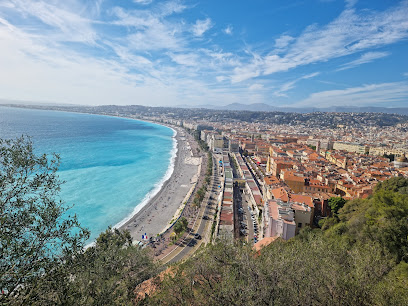
Place Masséna
Discover the vibrant Place Masséna in Nice, where stunning architecture meets lively street culture in the heart of the French Riviera.
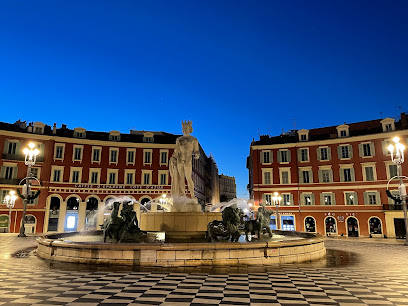
Cathédrale Saint-Nicolas de Nice
Explore the enchanting Cathédrale Saint-Nicolas in Nice, a stunning Russian Orthodox church with breathtaking architecture and rich cultural history.

Fontaine du Soleil
Discover the charm of Fontaine du Soleil, a stunning historical landmark in Nice, where art and culture meet in a vibrant Mediterranean setting.
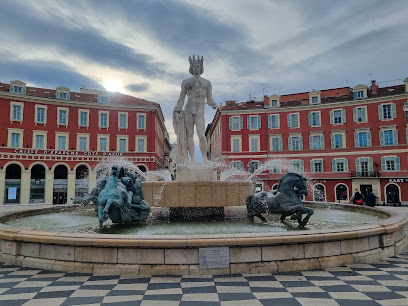
Promenade du Paillon
Discover the enchanting Promenade du Paillon in Nice, a scenic park blending art, nature, and relaxation in the heart of the French Riviera.
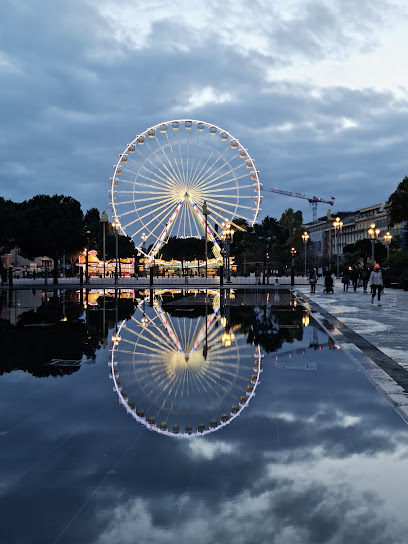
French Riviera Sightseeing
Discover the breathtaking beauty, rich culture, and vibrant lifestyle of the French Riviera, where the azure sea meets luxury and adventure.
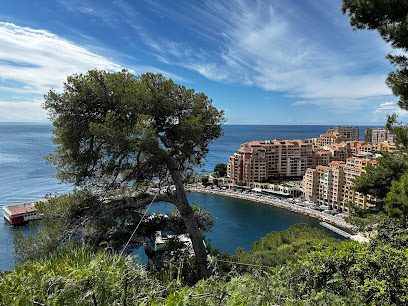
Parc du Mont Boron
Discover the breathtaking views and serene trails at Parc du Mont Boron, a must-visit park in Nice, France, perfect for nature lovers and history enthusiasts.
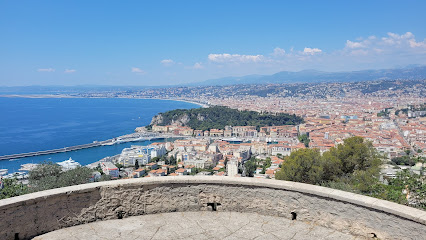
#ILoveNICE
Experience the charm of Nice, a vibrant city on the French Riviera known for its stunning beaches, rich culture, and delicious cuisine.
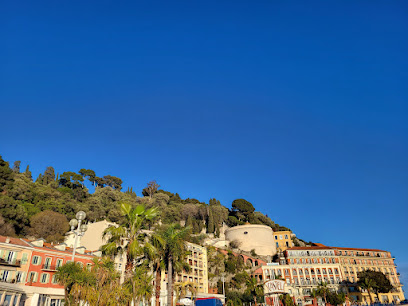
Musée du Palais Lascaris
Explore the captivating Musée du Palais Lascaris in Nice, where history, music, and art intertwine in a stunning baroque palace.
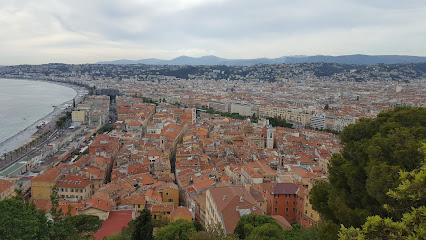
Parc Castel des Deux Rois
Explore the lush landscapes and stunning views of Parc Castel des Deux Rois, a tranquil gem in Nice, France, perfect for relaxation and leisure.
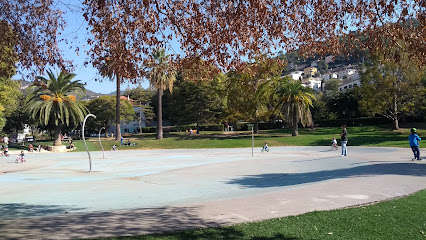
Fort du Mont Alban
Explore the historic Fort du Mont Alban in Nice, France, where stunning views meet rich military history in a captivating coastal setting.

Cimiez Monastery
Discover the serene beauty and rich history of Cimiez Monastery in Nice, a must-visit destination for travelers seeking culture and tranquility.
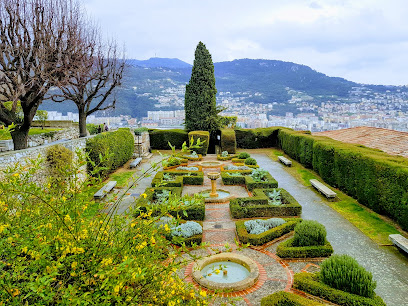
Parc d'Estienne d'Orves
Explore the lush gardens and serene pathways of Parc d'Estienne d'Orves, a hidden gem in Nice perfect for relaxation and cultural exploration.
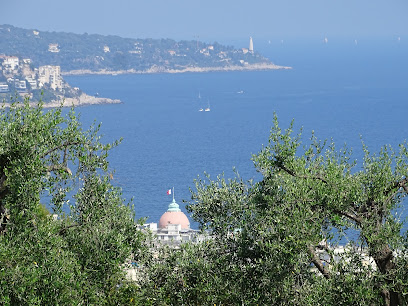
Église Sainte Rita / Église de l'Annonciation
Discover the serene beauty of Église Sainte Rita in Nice, a captivating Catholic church and cultural gem in the heart of the French Riviera.
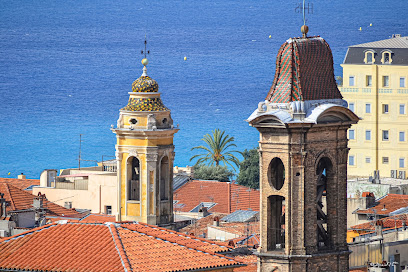
Ascenseur du Château
Discover breathtaking vistas and rich historical heritage at the Ascenseur du Château in Nice, where stunning views meet charming exploration.
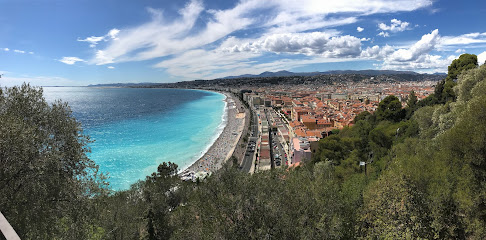
Unmissable attractions to see
Casino de Monte-Carlo
Experience the glamour and excitement of Casino de Monte-Carlo, a timeless jewel in the heart of Monaco's luxurious landscape.
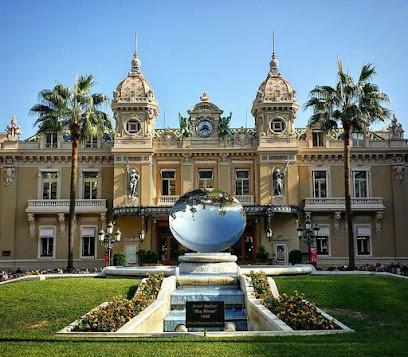
Musée océanographique de Monaco
Discover the breathtaking marine life and oceanographic wonders at the Musée Océanographique de Monaco, a treasure of marine education and conservation.
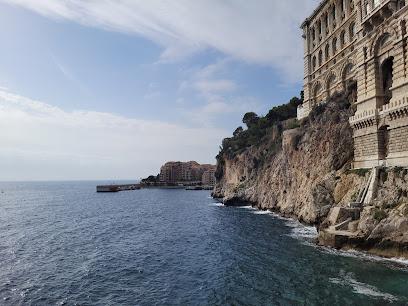
Colline du Château
Discover the breathtaking views and rich history of Colline du Château, a must-visit park in Nice that offers a unique blend of nature and heritage.
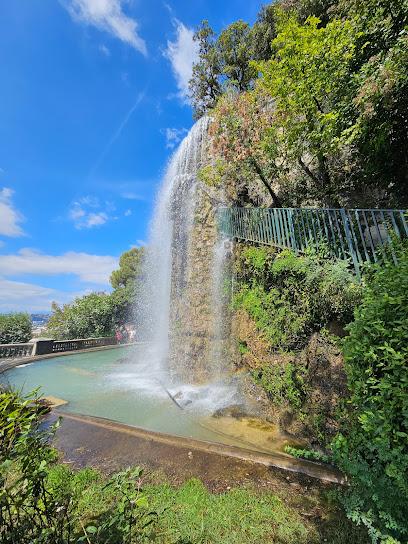
Prince's Palace of Monaco
Explore the luxurious Prince's Palace of Monaco, a historic castle that offers stunning views and rich cultural experiences in the heart of the principality.
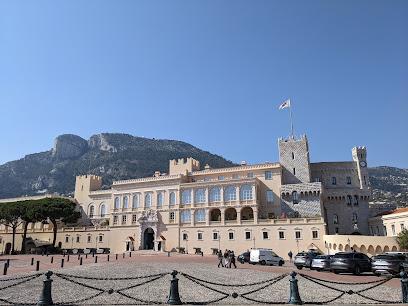
Palace of Festivals and Congresses of Cannes
Explore the stunning Palais des Festivals et des Congrès, the heart of Cannes' cultural scene and home to the iconic film festival.
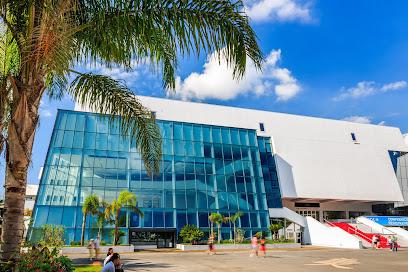
Jardin Albert 1er
Explore the enchanting Jardin Albert 1er in Nice, a vibrant garden oasis featuring stunning landscapes, art, and relaxation amidst the beauty of the French Riviera.
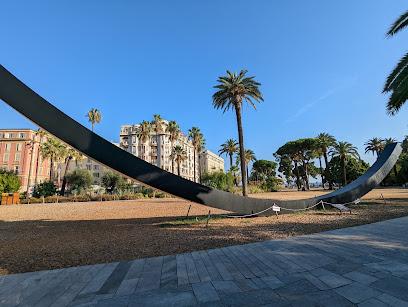
Parc Phœnix
Discover the captivating beauty of Parc Phœnix, a stunning animal park and botanical garden in Nice, perfect for a family-friendly day out.
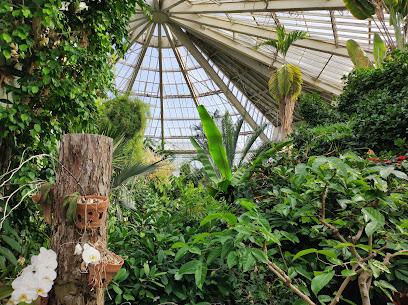
Parc Phœnix
Explore the lush landscapes and vibrant wildlife of Parc Phœnix, a premier park and animal attraction in Nice, perfect for families and nature lovers alike.
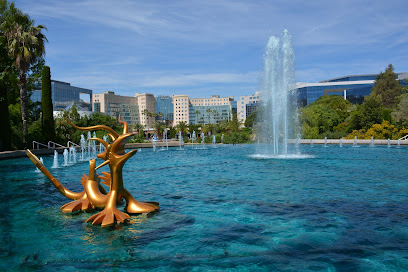
Cathédrale Saint-Nicolas de Nice
Explore the stunning Cathédrale Saint-Nicolas de Nice, a masterpiece of Russian architecture in the heart of France's beautiful Riviera.
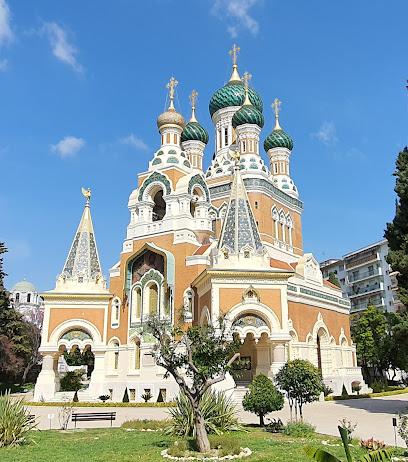
IGY Vieux-Port de Cannes
Experience the glamour and charm of IGY Vieux-Port de Cannes, a vibrant marina at the heart of the French Riviera, perfect for dining, relaxation, and stunning views.
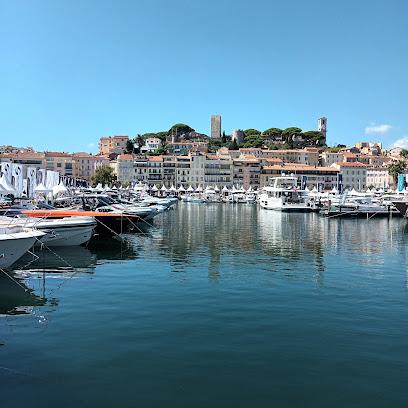
Villa Ephrussi de Rothschild
Explore the opulent Villa Ephrussi de Rothschild, a stunning museum and garden in Saint-Jean-Cap-Ferrat, showcasing exquisite art and breathtaking Mediterranean views.
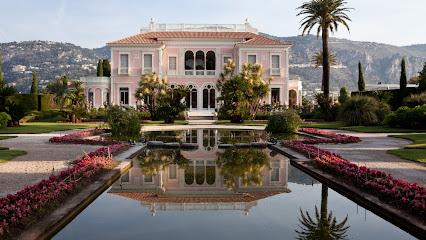
Le Jardin Exotique
Discover the enchanting beauty of Le Jardin Exotique in Èze, a breathtaking botanical garden with exotic plants and stunning Mediterranean views.
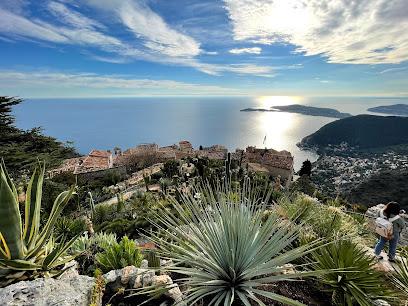
Parfumerie Fragonard - The History Factory Grasse
Experience the art of perfume-making in Grasse at Parfumerie Fragonard, where exquisite scents and rich history come together to enchant visitors.
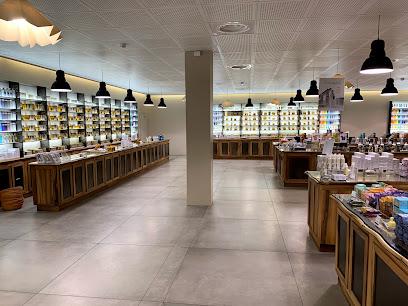
Allianz Riviera
Discover Allianz Riviera in Nice, a stunning stadium offering world-class sports, memorable concerts, and an exhilarating atmosphere in the heart of the French Riviera.
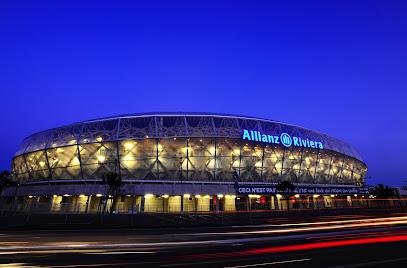
Marché Forville
Experience the authentic flavors and vibrant culture of Cannes at Marché Forville, the city's beloved traditional market.
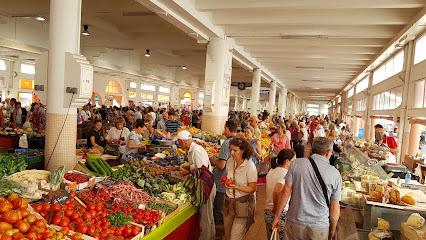
Essential places to dine
La maison de Marie
Experience authentic French and Mediterranean cuisine at La Maison de Marie in Nice - a culinary delight not to be missed!
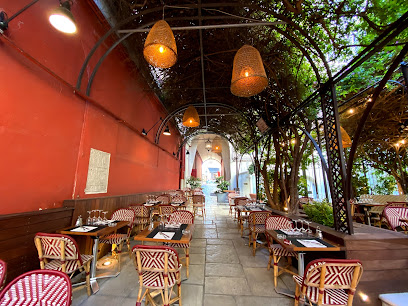
Chez Acchiardo
Experience the best of Mediterranean cuisine at Chez Acchiardo in Nice - where every dish tells a story.
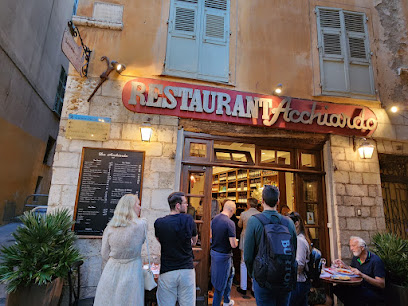
Le Plongeoir
Experience exquisite Mediterranean cuisine with breathtaking views at Le Plongeoir in Nice—a true gem of the French Riviera.
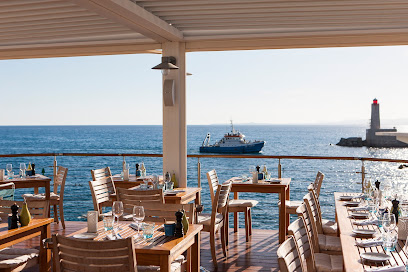
Le Frog
Discover the essence of French cuisine at Le Frog in Nice - where every dish tells a story and every meal is an experience.
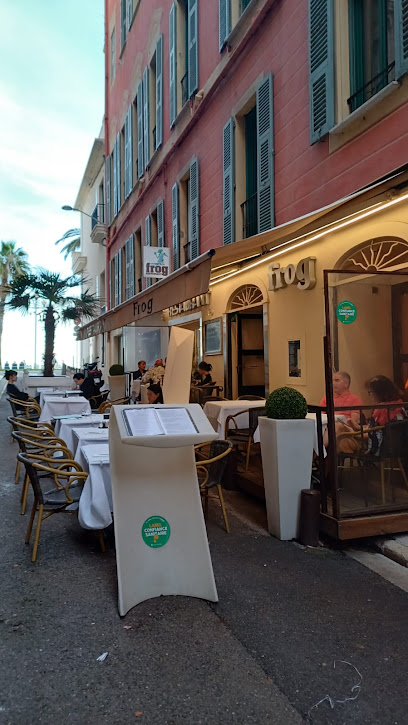
Le Panier
Experience exquisite French-Mediterranean cuisine at Le Panier, where every dish tells a story in the heart of Nice.
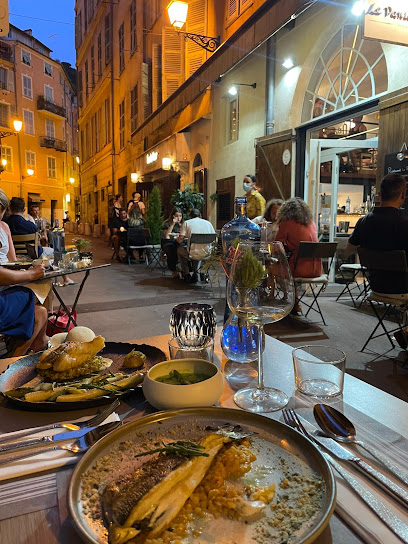
La Havane
Savor authentic Cuban cuisine and cocktails at La Havane in Nice – where vibrant flavors meet lively atmosphere for an unforgettable dining experience.
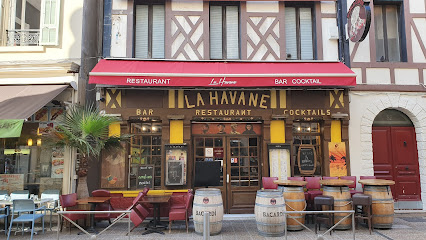
Les Sens
Experience exquisite French cuisine at Les Sens in Nice – where tradition meets modern culinary artistry.
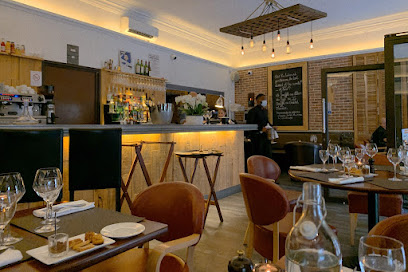
L'antica
Experience exquisite French and Mediterranean cuisine at L'antica in Nice - where every meal is a celebration of flavor.
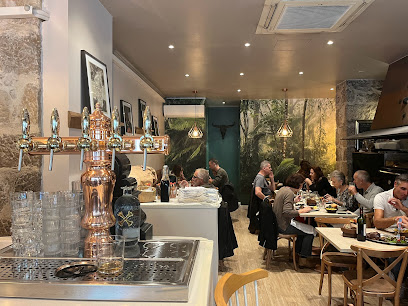
Le Bar des Oiseaux
Experience exquisite French cuisine at Le Bar des Oiseaux in Nice – where tradition meets modernity for an unforgettable culinary adventure.
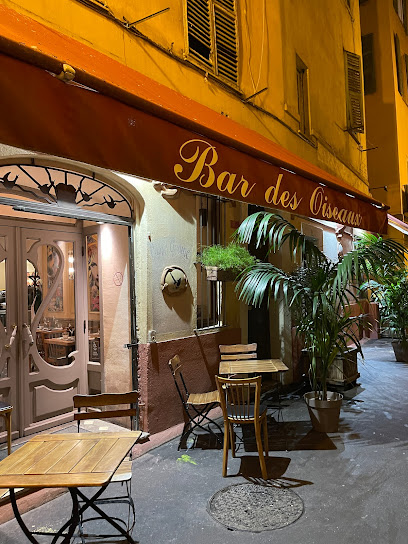
Le Tire Bouchon
Experience authentic French cuisine in Nice at Le Tire Bouchon – where every meal is a celebration of flavor.
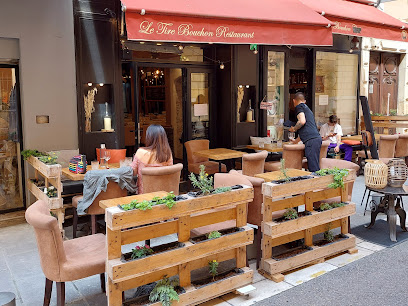
Bistrot d'Antoine
Discover the heart of French cuisine at Bistrot d'Antoine in Nice – where every dish tells a story.
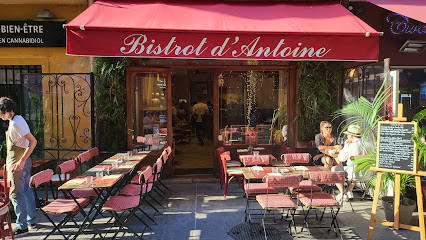
Bistrot Gourmand. #bistrotgourmand_nice
Discover exquisite French cuisine at Bistrot Gourmand in Nice - a culinary haven blending tradition with modern flair.
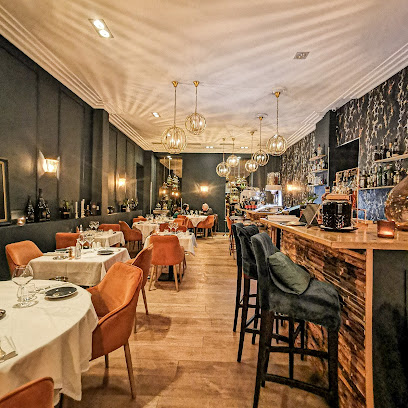
Chez Moi
Experience authentic French cuisine in Nice at Chez Moi - where every meal tells a story.
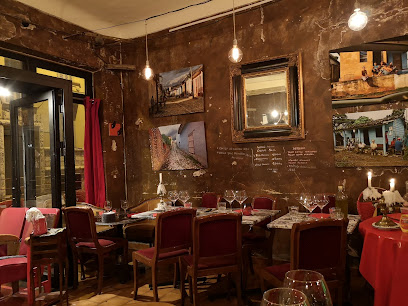
The Rossettisserie
Experience exquisite French-Mediterranean cuisine at The Rossettisserie in Nice—where culinary art meets family-friendly dining.
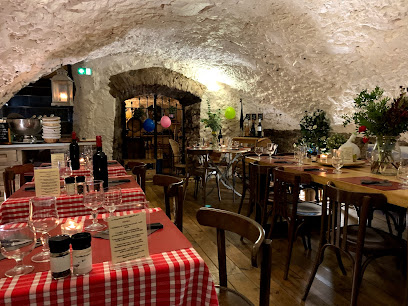
Le Grand Balcon
Experience exquisite French and Mediterranean cuisine at Le Grand Balcon in Nice – a must-visit culinary destination.
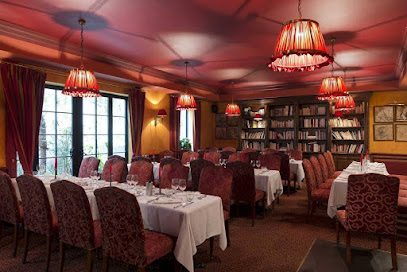
Markets, malls and hidden boutiques
Centre Commercial NICETOILE
Explore Centre Commercial NICETOILE, a vibrant shopping mall in Nice offering diverse retail, dining, and services for an unforgettable experience.
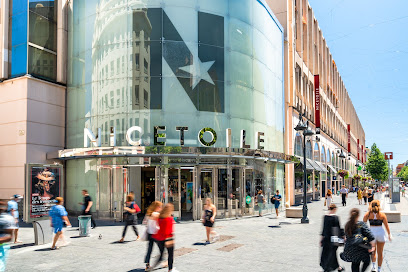
Galeries Lafayette Nice Masséna
Explore the luxurious Galeries Lafayette Nice Masséna, a premier shopping haven in the heart of Nice, featuring top fashion and beauty brands.
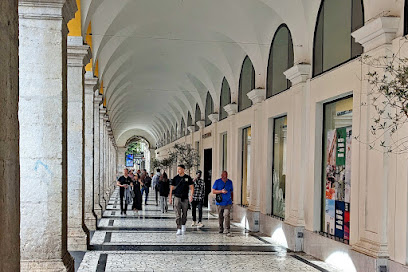
Nature and Discoveries
Discover unique and eco-friendly souvenirs at Nature and Discoveries, a charming gift shop in the heart of Nice, France.
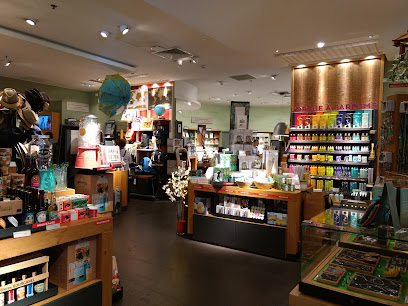
Fragonard Boutique Nice
Explore the enchanting Fragonard Boutique in Nice for exquisite perfumes, stylish clothing, and delightful home goods that embody French luxury.
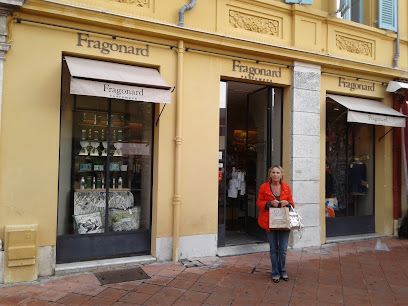
Trésors Publics - Boutique
Discover unique gifts and local treasures at Trésors Publics Boutique in Nice, where every item tells a story of the region's rich culture.
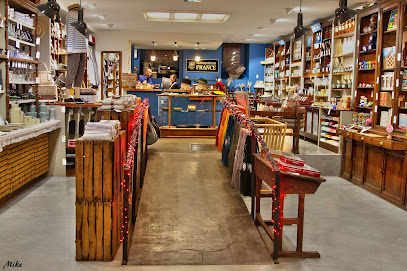
Magic Shop Nice
Explore the Magic Shop Nice for unique fashion pieces and whimsical accessories in the heart of the French Riviera.
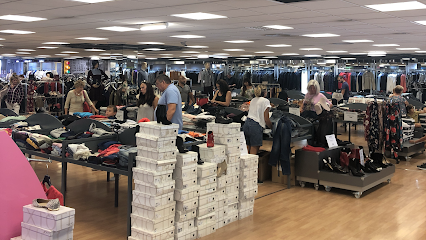
Dépôt vente luxe Mademoiselle. Vintage et Antiquités. Antiquaire à Nice.
Explore the charm of vintage fashion and antiques at Mademoiselle's Vintage Consignment in Nice, where every piece has a story to tell.
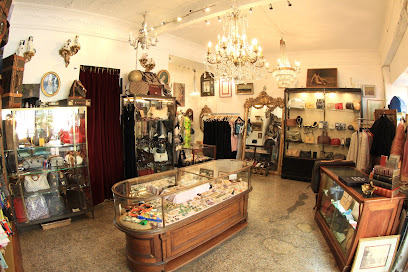
Flying Tiger Copenhagen Nice Rue de France
Explore Flying Tiger Copenhagen in Nice for unique gifts, quirky toys, and delightful home goods that capture the spirit of your travels.
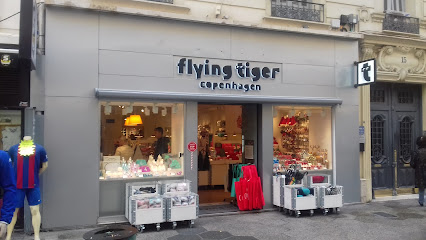
Boutique Nirvana
Discover the essence of Nice at Boutique Nirvana, where exquisite jewelry meets local craftsmanship in a charming setting.
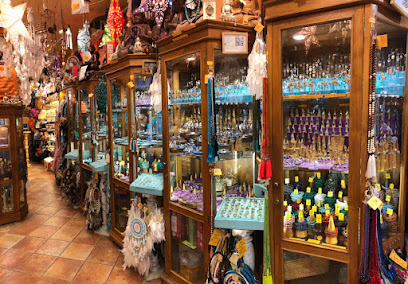
Caprice Vintage Shop
Experience the charm of Nice at Caprice Vintage Shop, where vintage fashion meets unique antiques in a delightful shopping adventure.
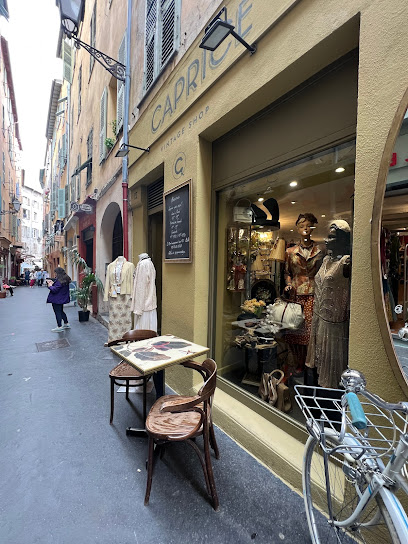
Scarlett Boutique - Karl Backwell Made in Nice France - Carlos Gaspar Pialgata Artisan D'Art - Sacs Créateur Mode & Créations
Experience the essence of Nice at Scarlett Boutique, where fashion meets artistry in handcrafted creations.
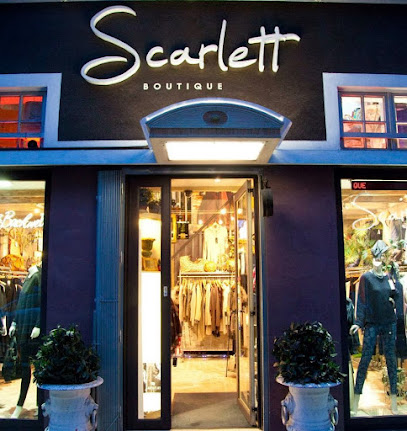
La Belle Epoque Vintage
Explore unique vintage fashion at La Belle Epoque Vintage in Nice, where timeless elegance meets modern style.
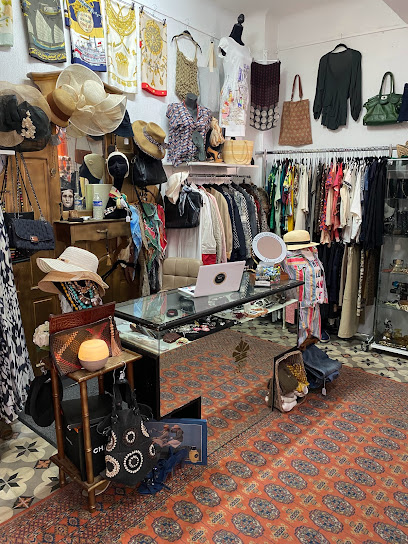
Saint James
Discover the essence of French fashion at Saint James in Nice, where style meets quality for the whole family.
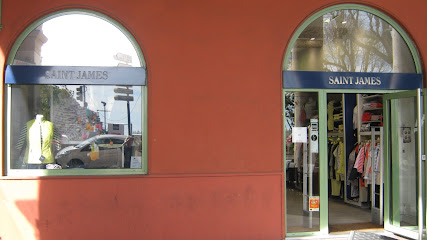
Regalino
Discover unique gifts and local crafts at Regalino, the perfect place to find memorable souvenirs in the heart of Nice.
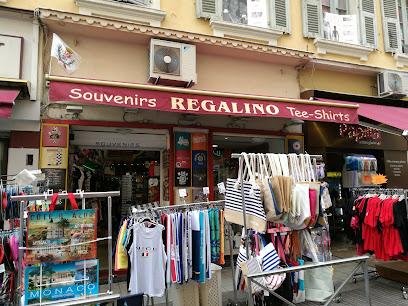
KARL LAGERFELD
Explore the elegance of KARL LAGERFELD, a premier clothing store in Nice offering a curated selection of high-fashion apparel and accessories.
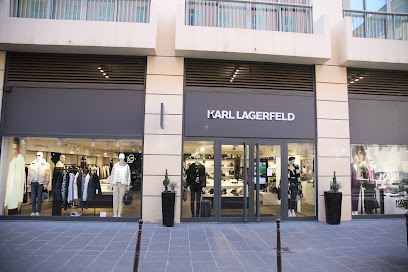
Essential bars & hidden hideouts
Wayne's Bar
Discover the vibrant nightlife of Nice at Wayne's Bar, a lively pub offering delectable drinks and a warm atmosphere for all visitors.
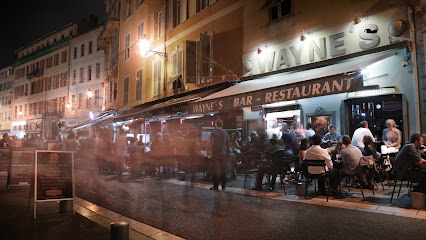
Waka Bar
Experience the vibrant nightlife at Waka Bar in Nice - where exquisite cocktails, delightful tapas, and stunning Mediterranean views await.
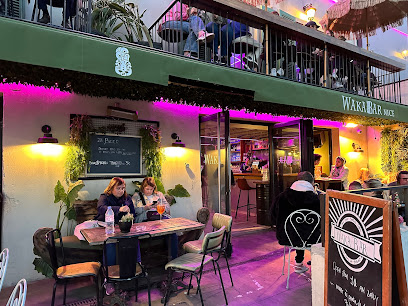
Les Distilleries Idéales
Discover the vibrant nightlife at Les Distilleries Idéales, where expertly crafted cocktails meet the heart of Nice's social scene.
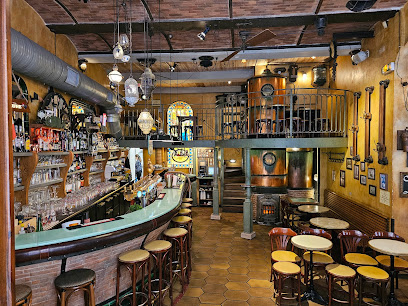
Movida
Discover Movida: A stylish cocktail bar and tapas haven on Nice's stunning waterfront, perfect for relaxation and culinary indulgence.
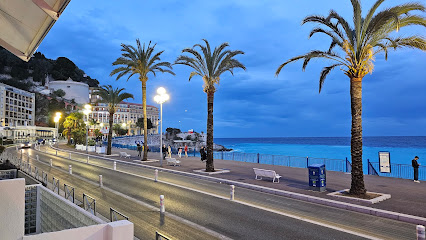
Le Shapko
Discover the heart of Nice's nightlife at Le Shapko, where live music and vibrant atmosphere create unforgettable evenings.
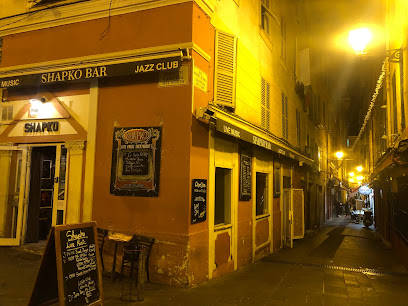
Le Bateleur
Experience the vibrant nightlife of Nice at Le Bateleur, where cocktails, tapas, and live music create unforgettable memories.
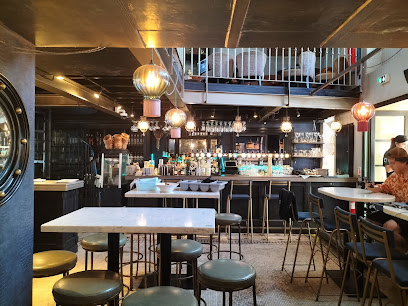
Master Home Nice
Discover the lively nightlife of Nice at Master Home, where great drinks and a vibrant atmosphere await you.
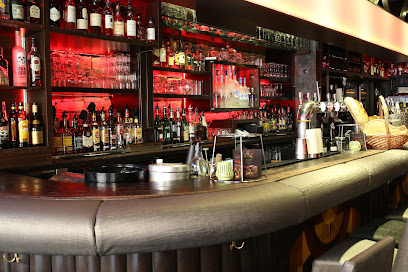
O’Neill’s Pub
Experience the lively atmosphere of O’Neill’s Pub in Nice, where authentic Irish food, drinks, and friendly vibes await you.
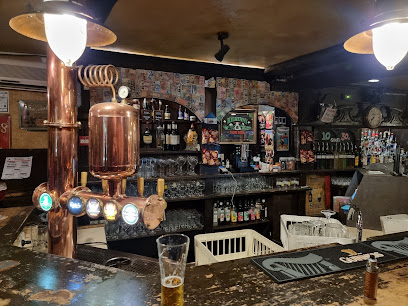
Au Fût et à mesure Nice
Discover the vibrant atmosphere of Au Fût et à Mesure in Nice, where craft beer meets live entertainment and a lively social scene.
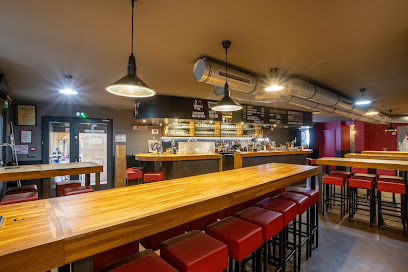
Boston Bar
Discover the lively nightlife of Nice at Boston Bar, where great drinks and good company await in a vibrant atmosphere.
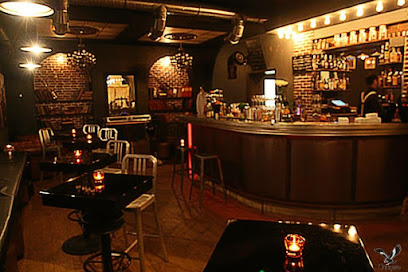
TIPSY
Discover the vibrant nightlife at Tipsy, a premier cocktail bar in Nice offering delicious drinks and an electrifying atmosphere.
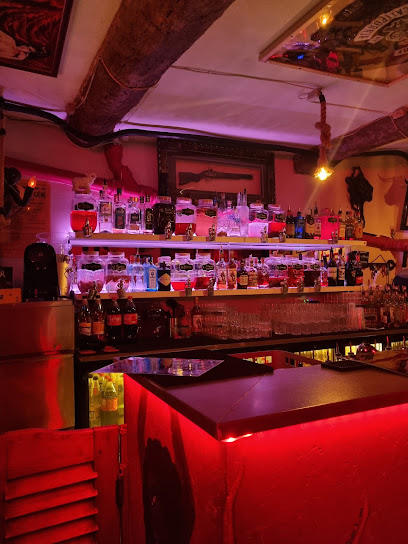
FOAM Nice, Port Lympia : Bar à Bière - Craft Beer Bars
Discover FOAM Nice, where craft beer meets delightful brunch in a picturesque setting by Port Lympia.
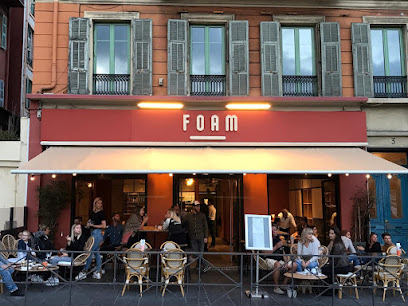
Les folies d'Edmonde
Experience the vibrant cocktail culture of Nice at Les Folies d'Edmonde, where mixology meets creativity in a chic setting.
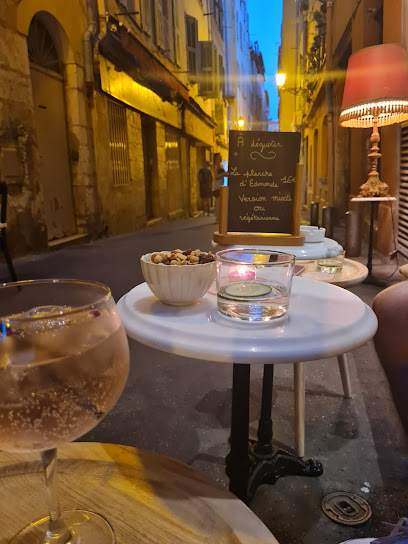
Snug And Cellar
Experience authentic Irish hospitality and cuisine at Snug And Cellar, a charming pub in Nice, perfect for relaxation and enjoyment.
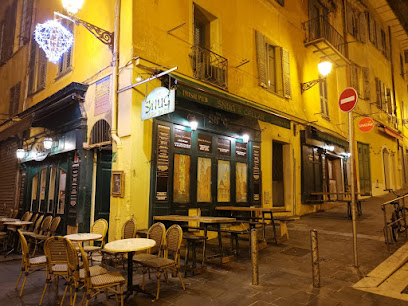
Local Phrases
-
- HelloBonjour
[bohn-zhoor] - GoodbyeAu revoir
[oh ruh-vwahr] - YesOui
[wee] - NoNon
[noh] - Please/You're welcomeS'il vous plaît/De rien
[seel voo pleh/dee ryehn] - Thank youMerci
[mehr-see] - Excuse me/SorryExcusez-moi/Désolé
[ehk-skew-zay mwah/dey-zoh-lay] - How are you?Comment ça va?
[koh-mohn sah vah] - Fine. And you?Bien. Et vous?
[byehn/ey voo] - Do you speak English?Parlez-vous anglais?
[pahr-lay voo ahn-glay] - I don't understandJe ne comprends pas
[zhuh nuh kohm-prahnd pah]
- HelloBonjour
-
- I'd like to see the menu, pleaseJe voudrais voir la carte, s'il vous plaît
[zhuh voo-dray vwahr lah kart, seel voo pleh] - I don't eat meatJe ne mange pas de viande
[zhuh nuh mahnzh pah duh vee-ahnd] - Cheers!Santé!
[sahn-tay] - I would like to pay, pleaseJe voudrais payer, s'il vous plaît
[zhuh voo-dray pay-ay, seel voo pleh]
- I'd like to see the menu, pleaseJe voudrais voir la carte, s'il vous plaît
-
- Help!Au secours!
[oh suh-koor] - Go away!Allez-vous en!
[ah-lay vooz ahn] - Call the Police!Appelez la police!
[ah-peh-lay lah poh-lees] - Call a doctor!Appelez un médecin!
[ah-peh-lay uhn mayd-sahn] - I'm lostJe suis perdu
[zhuh swee pehr-doo] - I'm illJe suis malade
[zhuh swee mah-lahd]
- Help!Au secours!
-
- I'd like to buy...Je voudrais acheter...
[zhuh voo-dray zah-sheh] - I'm just lookingJe regarde juste
[zhuh ruh-gahrd zhewst] - How much is it?Combien ça coûte?
[kohm-byen sah koot] - That's too expensiveC'est trop cher
[say troh shair] - Can you lower the price?Pouvez-vous baisser le prix?
[poo-veh voo bey-say luh pree]
- I'd like to buy...Je voudrais acheter...
-
- What time is it?Quelle heure est-il?
[kehl uhr eh-teel] - It's one o'clockIl est une heure
[eel eh tun uhr] - Half past (10)Dix et demi
[dees ay duh-mee] - MorningMatin
[mah-tahn] - AfternoonAprès-midi
[ah-pray mee-dee] - EveningSoir
[swahr] - YesterdayHier
[ee-ehr] - TodayAujourd'hui
[oh-zhoor-dwee] - TomorrowDemain
[duh-mahn] - 1Un
[uhn] - 2Deux
[duh] - 3Trois
[trwah] - 4Quatre
[kah-truh] - 5Cinq
[sank] - 6Six
[sees] - 7Sept
[sept] - 8Huit
[weet] - 9Neuf
[nurf] - 10Dix
[dees]
- What time is it?Quelle heure est-il?
-
- Where's a/the...?Où est le/la...?
[oo eh luh/lah] - What's the address?Quelle est l'adresse?
[kehl eh lah-dress] - Can you show me (on the map)?Pouvez-vous me montrer (sur la carte)?
[poo-veh voo muh mohn-tray (soor lah kart)] - When's the next (bus)?Quand est le prochain (bus)?
[kahn eh luh proh-shahn (buhs)] - A ticket (to ....)Un billet (pour ....)
[uhn bee-yay (poor)]
- Where's a/the...?Où est le/la...?
History of Nice
-
Nice, originally known as Nikaia, was founded around 350 BC by Greek mariners from the colony of Phocaea in Asia Minor. They named it after Nike, the goddess of victory, commemorating a successful battle. The settlement quickly became a prominent trading and maritime hub in the Mediterranean.
-
In the 1st century BC, Nice came under Roman control. It became part of the Roman province of Gallia Narbonensis. The Romans built extensive roads, aqueducts, and other infrastructure, transforming Nikaia into a bustling urban center. The remains of the ancient Roman city can still be seen in the Cimiez neighborhood.
-
During the Middle Ages, Nice was a strategic maritime city often contested by various European powers. It came under the control of the Counts of Provence, the Kingdom of Sardinia, and even the Duchy of Savoy. The medieval city walls and the Castle Hill (Colline du Château) fortifications are remnants of this tumultuous period.
-
In 1860, Nice was officially ceded to France from the Kingdom of Sardinia as part of the Treaty of Turin. This event marked a significant transition in the city's history, leading to substantial urban development and modernization. Promenade des Anglais, a famous seaside walkway, was developed around this time, funded by the English colony residing in Nice.
-
The late 19th and early 20th centuries were marked by the Belle Époque era, bringing unprecedented prosperity and growth to Nice. Grand hotels, luxurious villas, and opulent casinos were constructed, attracting European aristocracy and wealthy American tourists. The architecture from this period, such as the Hotel Negresco, still defines much of the city’s charm.
-
Nice, like much of France, suffered during World War II. Initially occupied by Italian forces in 1942, it later fell under German control after Italy's armistice in 1943. The city endured bombings and resistance activities until it was liberated by the Allied forces in August 1944. Memorials and plaques throughout the city commemorate this period and the contributions of the local resistance.
-
Post-World War II, Nice experienced rapid population growth and economic development. The city has become a major tourist destination and a cultural hub within the French Riviera. Its annual events, such as the Nice Carnival and the Nice Jazz Festival, attract visitors from around the world. The city continues to blend its rich history with vibrant contemporary culture.
Nice Essentials
-
Nice is well-connected by air, rail, and road. The Nice Côte d'Azur Airport is the main international gateway, located approximately 7 kilometers from the city center. It offers flights to and from numerous destinations worldwide. From the airport, you can reach the city center by taxi, bus, or the Tram Line 2. Nice is also accessible by train, with the Nice-Ville Train Station serving as a major hub for regional and international routes. High-speed TGV trains connect Nice to Paris in about 5.5 hours. Additionally, Nice is easily reachable by car via the A8 motorway, which runs along the French Riviera.
-
Nice has an efficient public transportation system, including buses and trams operated by Lignes d'Azur. The tram network consists of three lines (L1, L2, and L3) that cover key areas of the city. Buses are also available and connect Nice with neighboring towns and villages. For shorter distances, consider using the Vélobleu bike-sharing system. Taxis are available throughout the city, and ride-sharing services like Uber operate in Nice. Renting a car can be convenient for exploring the surrounding region, but parking in the city center can be challenging and expensive.
-
The official currency in Nice is the Euro (EUR). Credit and debit cards are widely accepted in hotels, restaurants, and shops. ATMs are plentiful, and most accept international cards. It is advisable to carry some cash for small purchases and in case you visit places that do not accept cards. Tipping is customary in Nice; rounding up the bill or leaving a small percentage (5-10%) is appreciated in restaurants and for other services.
-
Nice is generally a safe city for tourists, but it is always wise to take standard precautions. Be vigilant in crowded areas like the Promenade des Anglais, especially during events and festivals, as pickpocketing can occur. Avoid isolated areas late at night. The neighborhoods of Les Moulins and L'Ariane have higher crime rates, so exercise caution if you visit these areas. Keep your belongings secure and be aware of your surroundings.
-
In case of emergency, dial 112 for immediate assistance, which is the European emergency number. The local police station and hospitals are well-equipped to handle emergencies. The main hospital in Nice is the Centre Hospitalier Universitaire (CHU) de Nice. Pharmacies are readily available for minor health issues, and many are open 24/7. It's recommended to have travel insurance that covers medical emergencies.
-
Fashion: Do dress stylishly but comfortably. Nice is known for its casual chic style. Avoid overly casual attire like flip-flops and beachwear when not at the beach. Religion: Do respect local customs if you visit religious sites. Dress modestly and remain quiet. Public Transport: Do validate your ticket before boarding buses and trams. Don't eat or drink on public transport. Greetings: Do greet people with a 'Bonjour' (Good day) when entering shops or restaurants. A handshake is common when meeting someone for the first time. Eating & Drinking: Do try local specialties like Socca and Salade Niçoise. Don't rush your meal; dining is considered a leisurely activity in France.
-
To experience Nice like a local, visit the Cours Saleya Market, especially on Mondays for the antique market. Enjoy a leisurely stroll along the Promenade des Anglais or take a hike up Castle Hill for stunning views of the city and coastline. Don't miss the opportunity to explore the Old Town (Vieux Nice) with its narrow streets, vibrant shops, and authentic eateries. For a unique experience, take a day trip to the nearby villages of Èze or Saint-Paul-de-Vence. Engage with locals; they are friendly and often willing to share tips about the best places to eat and visit.
Trending Landmark in Nice
-
Colline du Château
-
Place Masséna
-
Cathédrale Saint-Nicolas de Nice
-
Fontaine du Soleil
-
Promenade du Paillon
-
French Riviera Sightseeing
-
Parc du Mont Boron
-
#ILoveNICE
-
Musée du Palais Lascaris
-
Parc Castel des Deux Rois
-
Fort du Mont Alban
-
Cimiez Monastery
-
Parc d'Estienne d'Orves
-
Église Sainte Rita / Église de l'Annonciation
-
Ascenseur du Château
Nearby Cities to Nice
-
Things To Do in Fontvieille
-
Things To Do in Moneghetti
-
Things To Do in Les Moneghetti
-
Things To Do in La Condamine
-
Things To Do in Monaco-Ville
-
Things To Do in Monte Carlo
-
Things To Do in Larvotto
-
Things To Do in La Rousse
-
Things To Do in Saint Roman
-
Things To Do in Cannes
-
Things To Do in Saint-Tropez
-
Things To Do in Aix-en-Provence
-
Things To Do in Genoa
-
Things To Do in Turin
-
Things To Do in Marseille


















